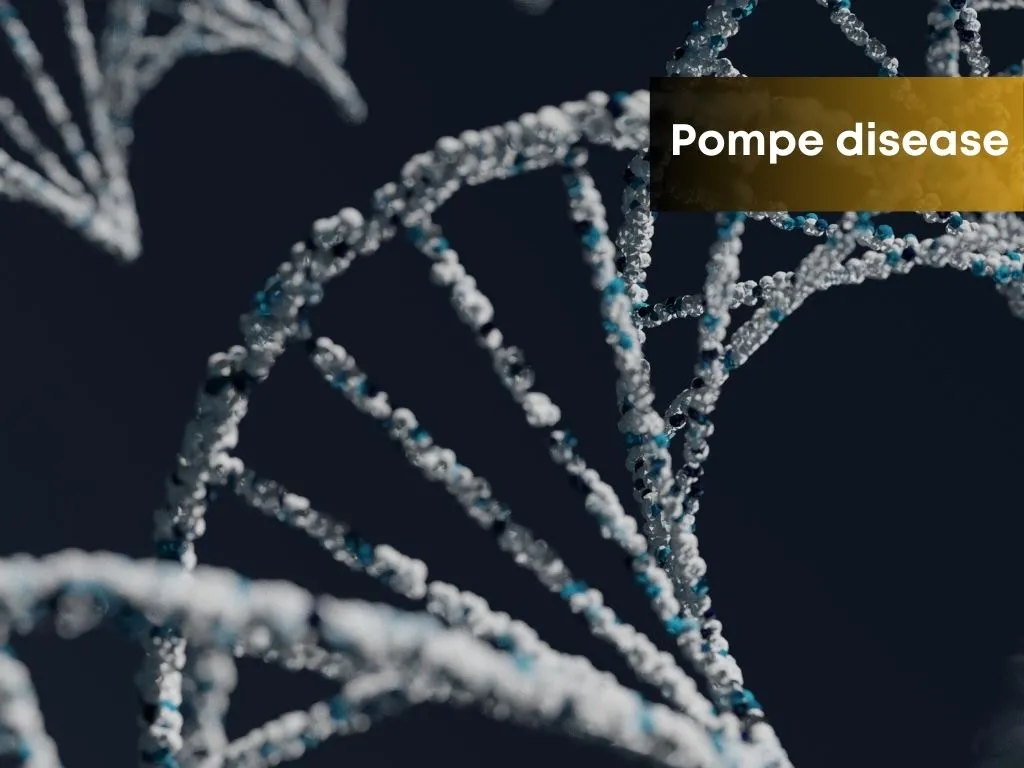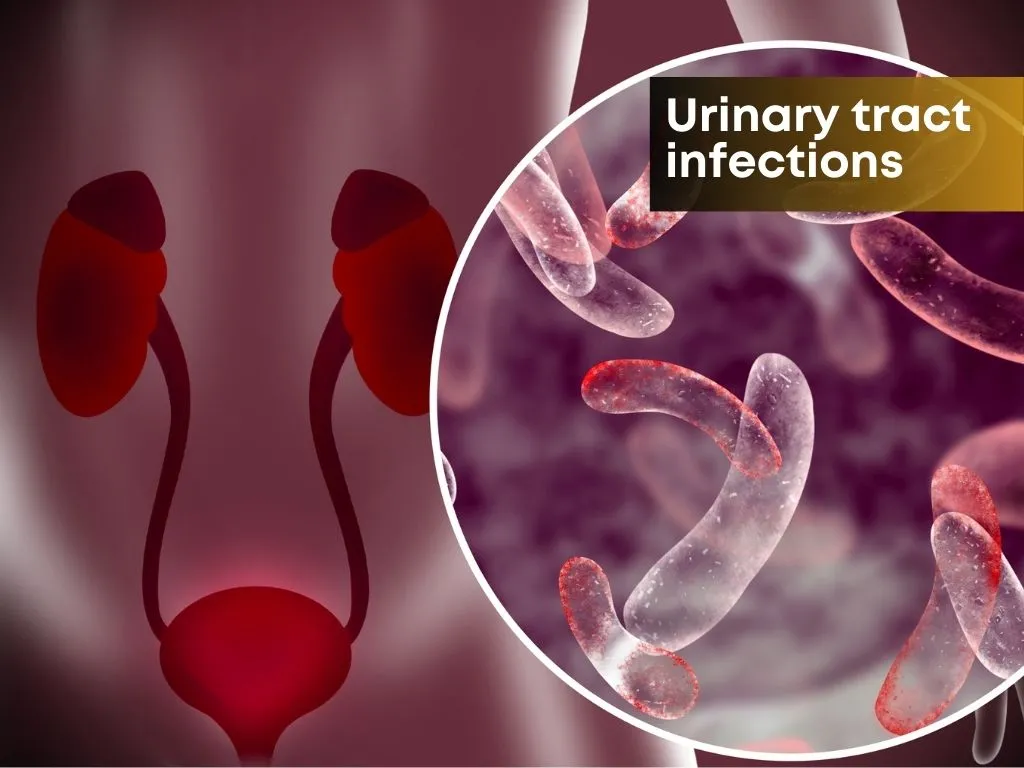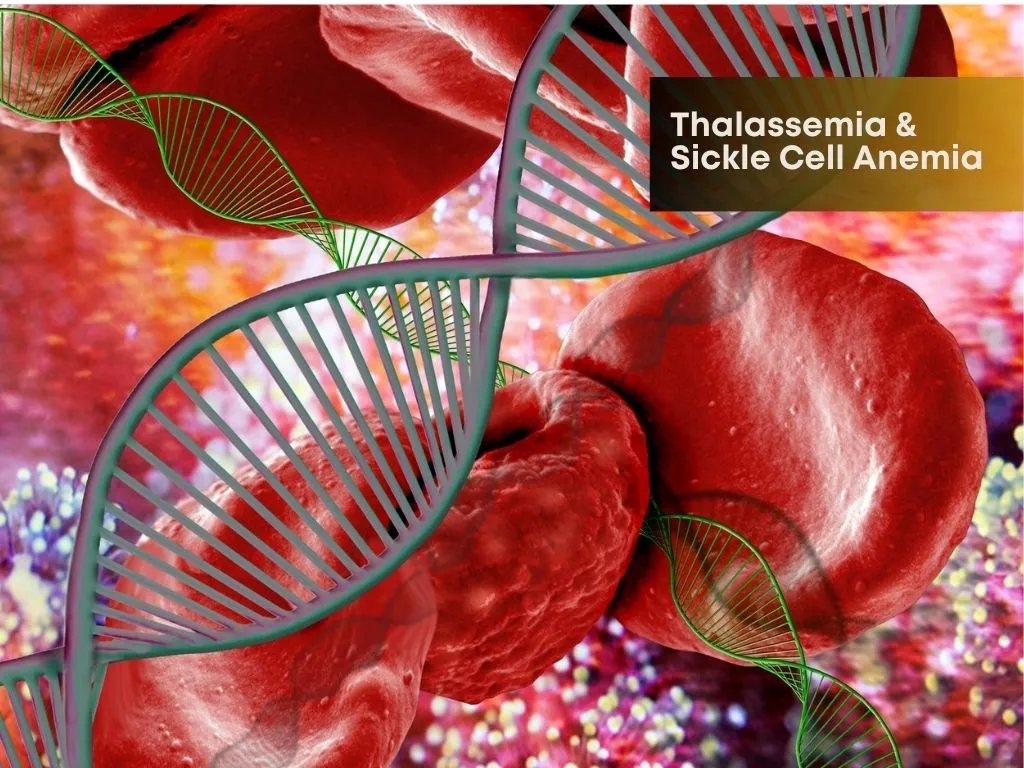Pompe disease
-
 Nalamaree Team
Nalamaree Team
- 23 September 2025
Overview
Pompe disease, also known as acid maltase deficiency or glycogen storage disease type II, is a rare and often fatal genetic disorder that affects the body's ability to break down glycogen, resulting in the buildup of glycogen in cells. It is caused by mutations in the GAA gene, leading to a deficiency of the enzyme acid alpha-glucosidase (GAA) which is responsible for breaking down glycogen.
Causes
- Pompe disease is caused by mutations in the GAA gene, which provides instructions for making the enzyme acid alpha-glucosidase (GAA).
- This enzyme is responsible for breaking down glycogen, a complex sugar molecule, into glucose within lysosomes (cellular structures responsible for waste management).
Symptoms
In the late-onset form
Treatment: Modern Medicine
Specific treatments may include:
Treatment: Traditional Medicine
Caution





















.jpg.webp)
